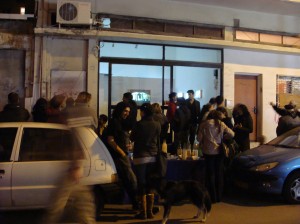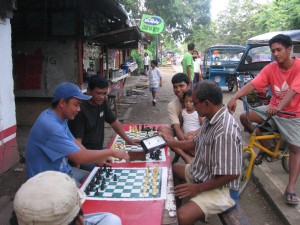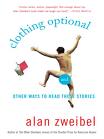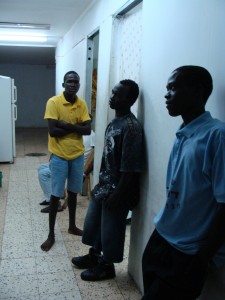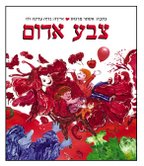
A sad reflection of reality: interview with author Esther Blau Marcus
The Jerusalem Post, March 13, 2009
Esther Blau Marcus, author of the children’s book Tzeva Adom, offers the following story to illustrate her family’s experience of Operation Cast Lead: “During the war,” Marcus recalls, “I had the TV on one day and my son said, ‘Mom, look, the picture is the same as what I see from the window.'”
Her nine-year-old son, Tamir, wasn’t exaggerating. Marcus and her husband have lived on Kibbutz Alumim, within sight of Gaza, for 17 years. It is there the couple, both British born, has gone about the difficult task of raising four children in this hot zone.
“We have experienced the conflict directly,” she says. Of Tamir, her youngest child, she says that the tzeva adom (Color Red) alarm call has been a thread throughout his life. Living in an area that is under fire is “all he has known.”



